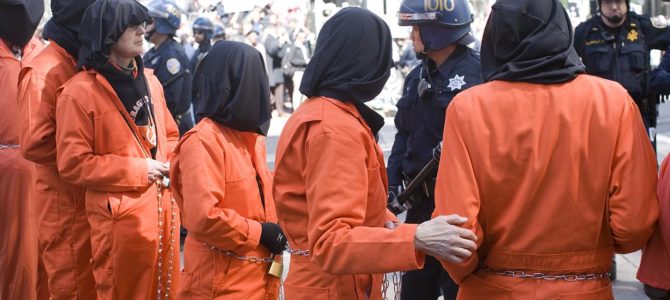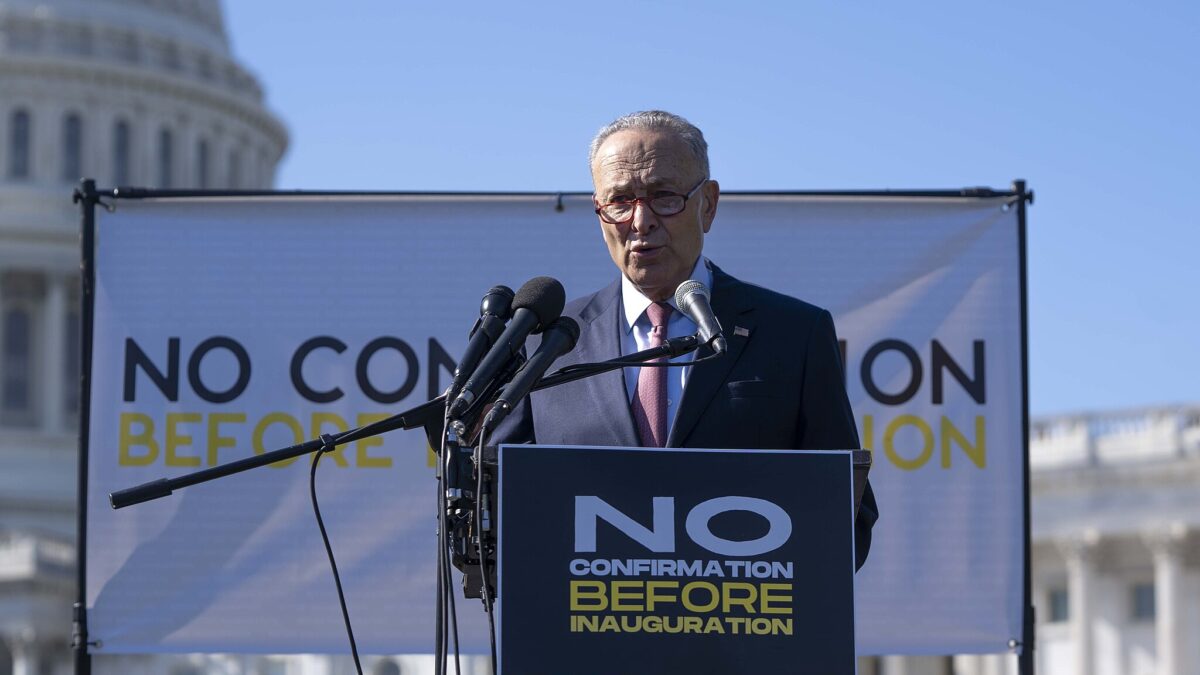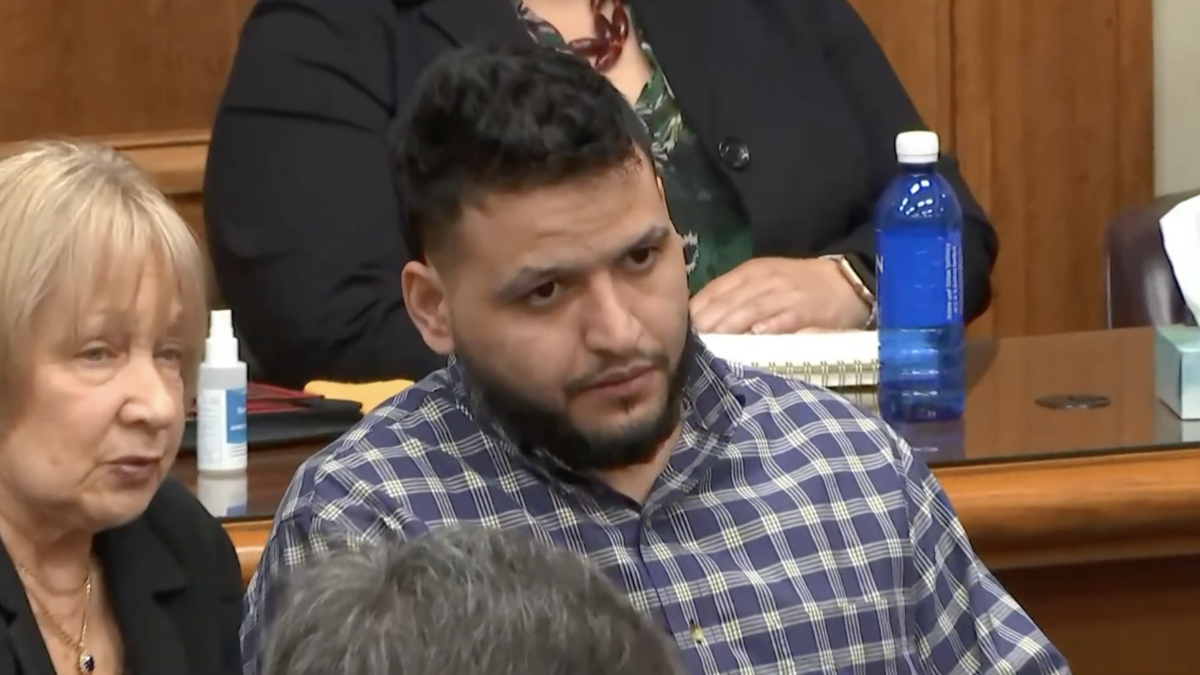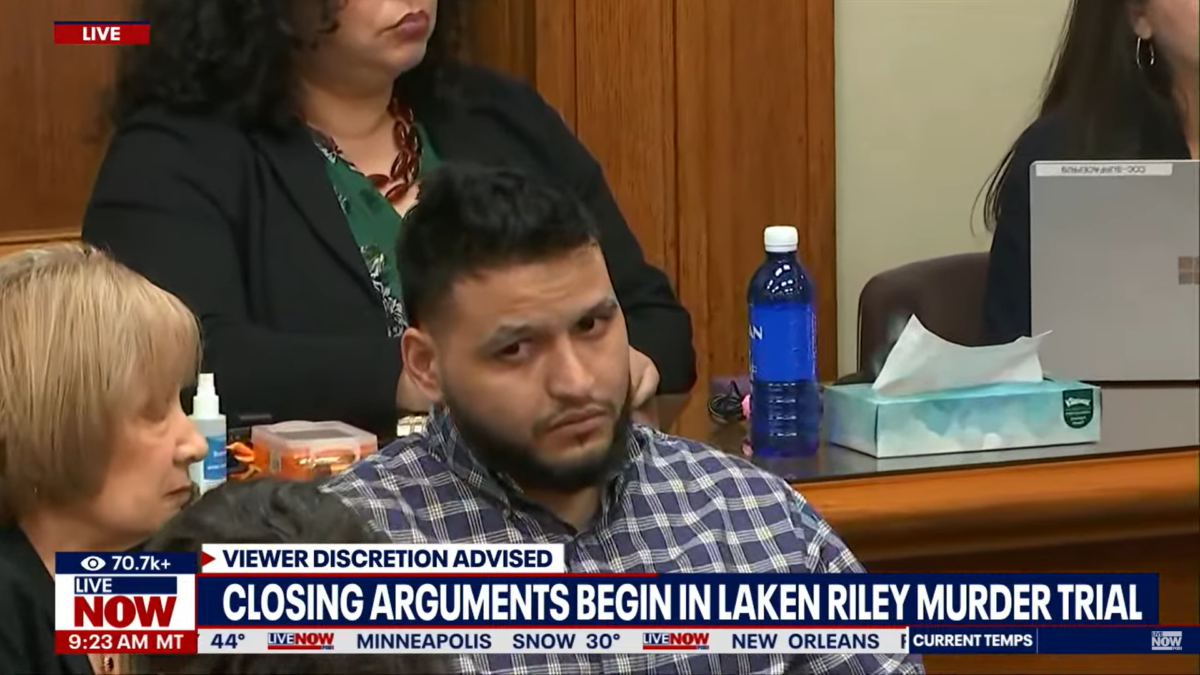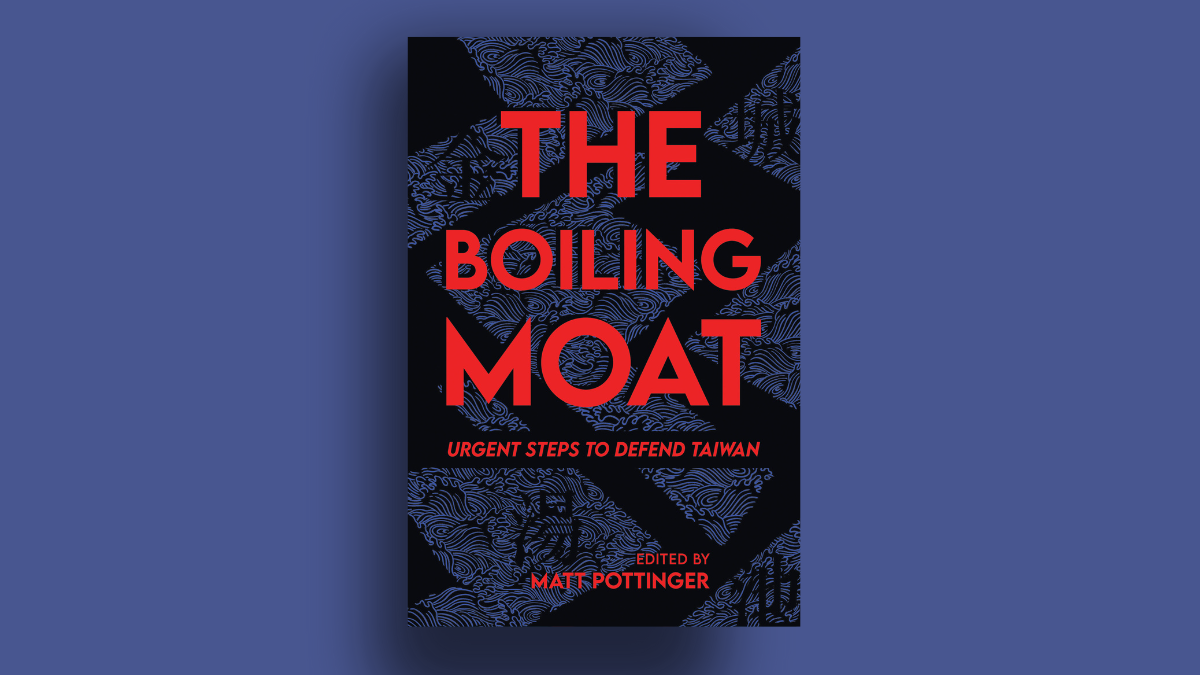The state of California announced Saturday that it is providing 76,000 inmates with early release eligibility. More than 63,000 inmates are serving time for violent crimes, as reported by the Associated Press.
More than 63,000 inmates who are violent and repeat felons will have the opportunity to lessen their time served by one-third via a “good behavior credits” system. The initiative went into effect Saturday, but the AP notes that inmates will not walk free for months or years.
Of the eligible early release inmates, 20,000 are serving life sentences with the possibility of parole. Half of this number constitutes inmates previously convicted of “a second serious but nonviolent offense.”
The roughly 10,000 inmates in this category will have eligibility to be released early upon serving half their sentence, as established in the “three strikes law” in California. The 1994 law requires a felon convicted of a new felony to be sentenced to prison for double the amount of time. After two strikes, a defendant would have a mandatory sentencing of 25 years to life.
Close to 2,900 non-violent inmates who were convicted in relation to the “three strikes law” will be able to gain early release upon serving half their sentence.
The new rules were approved last week by the Office of Administrative Law in California. Spokeswoman Dana Simas said in a statement that “The goal is to increase incentives for the incarcerated population to practice good behavior and follow the rules while serving their time, and participate in rehabilitative and educational programs, which will lead to safer prisons.”
The California department was able to rush through the changes under the classification of “emergency regulations.” Next year, the department will be required to submit regulations designated as permanent, with a public hearing.
“I just don’t know how this is going to keep our communities safer,” Julie Haff, spokeswoman for the Republican Party of Los Angeles told The Federalist.
“If there is a protocol that is usually followed, it shouldn’t be dismissed under the guise of an ’emergency’ because it still will make our communities less safe when you release criminals that are either violent or sexual predators,” Haff added.
